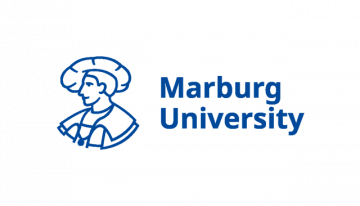University of Marburg
The group`s main focus is the understanding of molecular mechanisms and underlying virus-host interplay during the replication of Marburg and Ebola virus, but also during highly pathogenic Coronaviruses (MERS-CoV, SARS-CoV, SARS-CoV-2). The group has a long-standing experience in different reverse genetic approaches to study filovirus replication in detail, among them approaches to genetically engineer MARV under BSL4 conditions (e.g. recombinant MARV containing mutations in viral proteins or additional open reading frames for reporter proteins). The group also engineers BSL1/2 live-cell modeling assays based on mono-or multicistronic minigenome reporters (transcription- and replication competent virus like particle (trVLP) assays, VSV pseudotyope system). The group has also established a medium sized throughput assay for the investigation of antiviral compounds under BSL4 conditions.
Role within COMBINE
UMR is connected to other WPs by performing all BSL4 MARV infections as well as providing expertise and material on MARV-specific life cycle modelling assays (WP2, 4, 5, 6). Infections with authentic MARV will provide the essential experimental resource for the identification of MARV cell signatures (WP2). Optimized MARV-specific trVLP assays, will be provided to WP5 to establish inverted MARV infection imaging. The validation of identified signatures associated with the MARV GP, host cells, and potential receptor candidates will be conducted in close collaboration with WP2, WP4, and WP5. Antiviral compounds, evaluated in preliminary screenings within WP6 using optimized MARVspecific BSL2 model systems such as recombinant VSV and trVLPs, will undergo further validation under BSL4 conditions.

Main contacts



